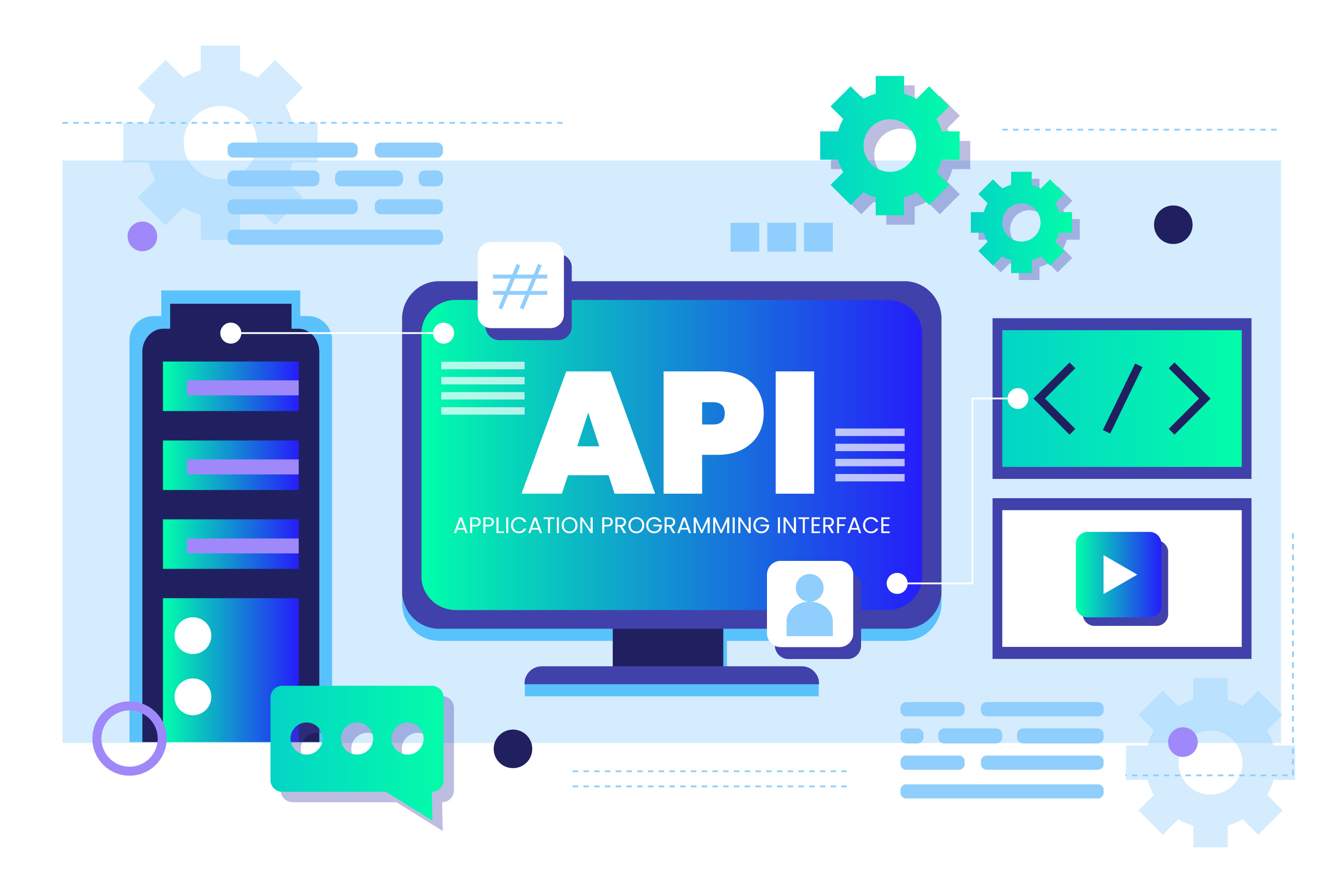
Dear Esteemed Readers,
Welcome to the latest edition of "Future Mortals," your go-to destination for all things related to cutting-edge marketing & branding strategies and trends. In an era where the Business landscape is constantly evolving, we are thrilled to embark on this journey of knowledge-sharing and innovation with you.
In today’s digital landscape, where convenience and speed are paramount, the way we make payments has undergone a remarkable transformation. Traditional methods, such as cash and checks, have given way to electronic payment systems. Behind the scenes of these systems are Application Programming Interfaces (APIs), which play a pivotal role in enabling seamless payment integration for businesses and consumers alike. In this blog, we will delve into the significance of APIs in modern payment integration, demystifying their role and unveiling the benefits they bring to the financial world.
An Application Programming Interface, or API, is a set of rules and protocols that allows different software applications to communicate and interact with each other. In the context of payments, APIs enable the seamless exchange of information and facilitate transactions between various entities, including banks, businesses, and consumers.
The Role of APIs in Payment Integration:
APIs are the unsung heroes behind the scenes of modern payment systems, performing several crucial functions:
1. Data Retrieval:
APIs (Application Programming Interfaces) are the intermediaries that allow different software systems to communicate and share data. In the context of payment integration, APIs are crucial for retrieving and transmitting important payment information in real time. This includes details such as account balances, transaction histories, and authorization requests. This real-time access to data ensures that businesses and consumers have accurate and up-to-date information about their financial transactions.
2. Payment Processing:
APIs play a vital role in the actual processing of payments. They act as the conduit through which transaction data is securely transmitted between various parties involved, including payment gateways, banks, and merchants. This secure transmission of data ensures that payments are processed accurately and efficiently, reducing the chances of errors or delays in the payment process.
3. Currency Conversion:
For international transactions, APIs are instrumental in performing real-time currency conversion. This means that when a consumer makes a payment in a foreign currency, the API can automatically convert the amount into the merchant’s preferred currency. This capability allows consumers to pay in their own currency, providing them with greater flexibility and convenience in their payment options.
4. Fraud Detection:
APIs are equipped with the ability to analyze transaction patterns and detect any unusual or suspicious activities. This is a crucial aspect of fraud prevention in payment systems. By continuously monitoring transactions, APIs can flag potentially fraudulent activities, triggering additional security measures or notifying relevant parties to take action. This helps protect both businesses and consumers from potential financial losses due to fraudulent transactions.
5. Seamless Checkout:
APIs enable businesses to integrate various payment options directly into their websites or mobile apps. This integration creates a seamless and user-friendly checkout experience for consumers. Instead of redirecting users to external payment pages, the entire payment process can be completed within the business’s own platform. This not only enhances user experience but also instills trust and confidence in the payment process.
6. Accessibility:
APIs provide the infrastructure for businesses to offer multiple payment methods. This means that consumers have the flexibility to choose their preferred way of making payments, whether it’s through credit cards, digital wallets, bank transfers, or other methods. This diversity in payment options caters to a wider range of consumer preferences, ultimately increasing the likelihood of successful transactions and customer satisfaction.
In the ever-evolving landscape of payment methods and technology, APIs are the driving force behind seamless, efficient, and secure payment integration. They have revolutionized the way businesses and consumers interact with the financial world, enabling real-time transactions, customized payment experiences, and global reach. As we look to the future, APIs will remain at the forefront of payment innovation, shaping the way we pay for goods and services in an increasingly digital and interconnected world.
We are excited to embark on this journey with you, exploring the vast realm of online marketing, branding, technology and other informative topics and sharing our insights to empower you in your business endeavours. The digital world is ever-evolving, and together, we'll navigate the trends, challenges, and opportunities that lie ahead.
Thank you for joining us on this enlightening ride. Stay tuned for the captivating insights and knowledge that we are all set to bring in each edition.
© All Rights Reserved | Future Mortals